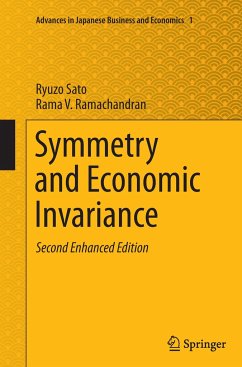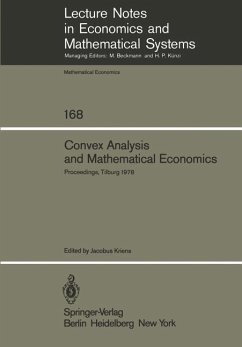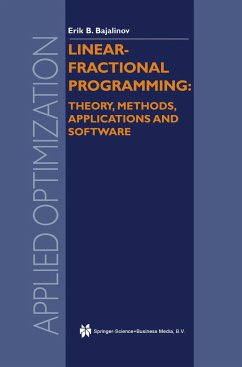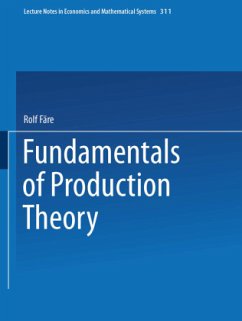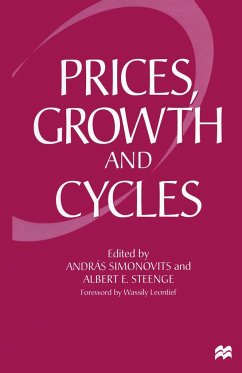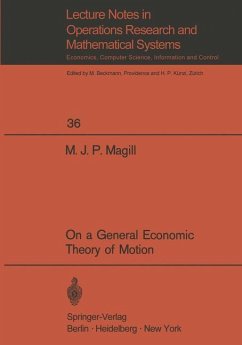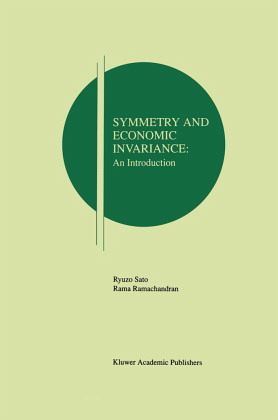
Symmetry and Economic Invariance: An Introduction

PAYBACK Punkte
38 °P sammeln!
Symmetry and Economic Invariance: An Introduction explores how symmetry and invariance of economic models can provide insights into their properties. While the professional economist is nowadays adept at many of the mathematical techniques used in static and dynamic optimization models, group theory is still not among his or her repertoire of tools. The authors aim to show that group theoretic methods form a natural extension of the techniques commonly used in economics and that they can be easily mastered.



